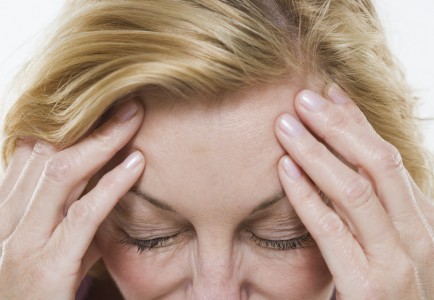Free Gift with Depression – A Tale of Anxiety
 Anxiolytic Isn’t Even in the Dictionary
Anxiolytic Isn’t Even in the Dictionary
I grit my jaw. I bite the skin around my nails. I pull at my hair. I bunch my fists. My breaths are shallow. I twitch and clench erratically.
I tell myself not to grit, bite, pull, bunch, twitch and clench. I tell myself to intake more air. Those instructions are followed. For moments. And then they’re not. While I wasn’t looking I started gritting, biting, pulling, bunching, twitching, and clenching all over again.









Recent Comments